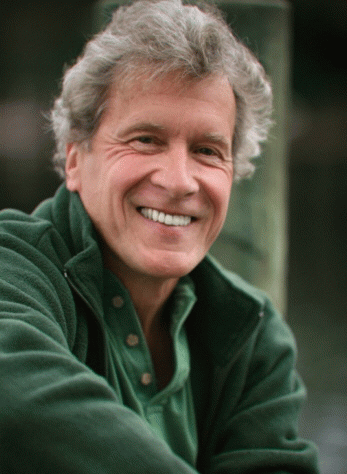When the earthquake struck Haiti last January, the first
person I wanted to hear from was John Perkins. Several years before Naomi Klein coined the phrase
"disaster capitalism," John Perkins' first-person account Confessions of an Economic Hitman described very clearly how US
economic interests set about exploiting crises in third-world nations in order
to gain control of them.
Haiti. The part of our conversation that dealt with Haiti centered on two points: One, the massive amount of American aid now being moved into Haiti will likely not benefit Haitians, not small farmers, small businessmen in tourism or fisheries or other kinds of entrepreneurs. The funds will go to multinationals who are seizing this moment as an opportunity to buy investments in this devastated nation. And two, what Amy Goodman called the "militarization" of Haiti in the aftermath of the quake sends a troubling message that reverberates throughout the region.
Long term aid. Shortly after the quake, President Obama called on Bill Clinton and on George Bush to spearhead a relief fund for Haiti. It's a good bet that most Americans took the gesture at face value, as the current president calling on his immediate predecessors to step up and help one of our regional neighbors in their hour of need. It's likely that few of our countrymen know that our own government had a direct hand in the latest undermining, not only of Haitian democracy but also the Haitian economy and so, the infrastructure that might have helped this people respond to their own emergency.
As John noted in a January 21 blog entry at Huffington Post, the aid now flowing into Haiti for long-term aid will not for the most part aid Haitians:
"We are encouraged to believe that USAID, the World Bank, and other institutions are truly philanthropic, there to serve the best interests of the people and the country. However, the reality is that, in previous cases -- such as the Asian tsunami -- much of this aid is employed to help huge multinational companies gain a strangle-hold on resources (including cheap labor) and markets. Instead of helping local fisherman, farmers, restaurant, and bed and breakfast owners rebuild their devastated businesses, the money is invested in projects that benefit the Krafts, Chiquitas, Monsantos, Marriotts, and big box restaurant chains of the world" (The Tremor Felt Around the World)..
A direct consequence of this mass of capital flowing into Haiti but not to Haitians is that local social movements are undermined. John compared the situation in Haiti now to that of the independence movement in Ache, Indonesia after the tsunami, a movement itself flattened by the tsunami of foreign influence dominating the political landscape in the aftermath of the natural disaster.
Militarization. When
the United States took
control of the airport and sent thousands of troops into Haiti, there were protests from France, Italy
and Brazil. The immediate objection was that US military
flights were being prioritized over humanitarian supplies and personnel. There seemed to be a brief tug of war between
the UN peacekeeping force, our State Department and a few of the larger
humanitarian missions.
(Note: You can view every article as one long page if you sign up as an Advocate Member, or higher).





